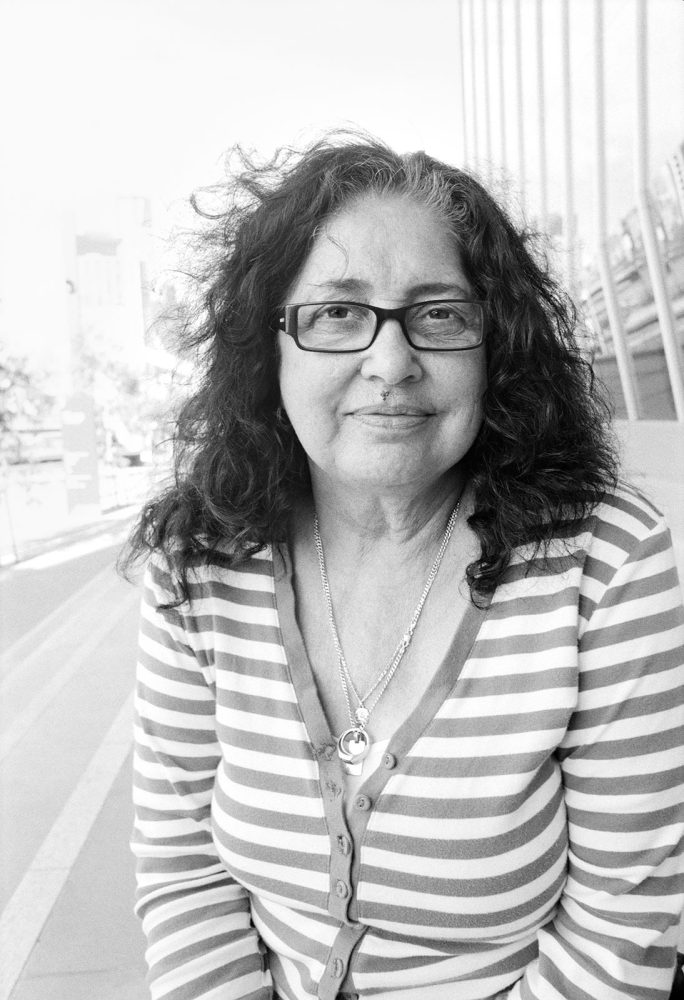SAVING A FAMILY
“My mom [Olive] was on a bridge with her mother, Isabella. Unbeknownst to my mom at that time, she was just 3, Isabella had her son taken away from her and was going to jump off the bridge and end their lives. An aboriginal family came along, and they said to Isabella, ‘You know, let us take Olive. We’ll look after her. You don’t have to end her life.’ And so my grandmother Isabella agreed to let her daughter go.”
Daniel’s Reflection
Joy Wandin Murphy is the senior elder of the Wurundjeri People, the aboriginal clan in the area of Melbourne, Australia. I met Joy at the Parliament of the World’s Religions where she was on stage often to welcome us. It was the first time I was exposed to the practice of beginning all public ceremonies with an acknowledgement of the historical owners of the land and of all the ancestors.
Joy’s interview allowed me to see into the patchwork of experiences that make up modern Aboriginal life in Australia. Her grandmother had a son who was stolen when it was the practice of the Australian government to take mixed-race children away from their mothers to be raised “white.” Distraught at this, her grandmother went to a bridge to jump off with her daughter (Joy’s mother, Olive), but was stopped by an Aboriginal family who agreed to raise Joy’s mother. It took 67 years for Olive to see her mother again when Joy found her, against all odds, at the age of 104 in a nursing home. She had not jumped from the bridge.
Speaking with Joy, I came to better understand the respect that Aboriginal peoples have for the laws of the universe. When her husband was dying, Joy knew she could not ask for her culture to heal him, as it was his time. It was the same for her sister-in-law and her own mother. Joy Wandin Murphy taught me that the greatest gift of Aboriginal culture is the ability to be present in this place, at this moment.







